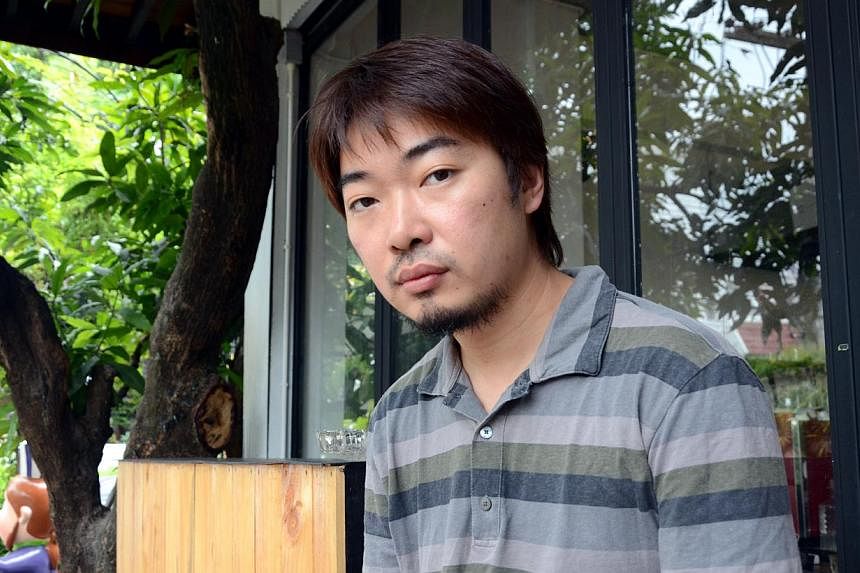CHIANG MAI - He stops in mid speech at the sound of passing cars, glancing warily at the small lane outside the Chiang Mai café. With fingers clasped around an unlit cigarette, he mutters, as if in reminder to himself: "I plan to live my life normally."
Yet life for sociology lecturer Kengkij Kitirianglarp has hardly been normal since the military seized power on May 22.
In Bangkok, the junta has officially summoned and detained more than 200 people whom it regards as having played some role in Thailand's decade long political conflict.
In the northern city of Chiang Mai, the process has not been as transparent, with individuals being summoned through phone calls which they cannot verify, putting them in a dilemma about what to do.
On May 23, soldiers turned up at Chiang Mai University - where Dr Kengkij works - to look for him. The next day, he got a call from the army, asking him to report to its quarters in the city. That was when he decided to go into hiding.
"They did not officially announce the names of people who had to report themselves. It was dangerous. If I had gone... who knows what would have happened to me?"
Over the past week, the army has swooped down on leaders of the pro-Thaksin "red shirt" movement in its strongholds of the north and northeast Thailand, temporarily detaining them and monitoring them to prevent resistance to the coup.
Dr Kengkij, 34, who calls himself an "academic activist who supports the red shirt movement", wasn't sure how he would be treated. Just an hour before the coup, he had also publicly criticised the martial law which had already been imposed by the military.
He called three people for help. The first was too afraid to continue the conversation. The second gave him a telephone number and address in a neighbouring province. The third person agreed to pick him up from his location.
He packed two laptops, five shirts and his passport. There was only 500 baht (S$19) in his wallet, but he stowed away two watches and three rings he could sell for cash.
Then he vanished from the online world, shutting down his Facebook account, deleting the Line instant messaging application on his iPhone, and also changing his telephone number altogether.
Life as a fugitive wasn't that physically demanding, he says. His host fed and housed him without complaint and even bought him cigarettes.
But with the martial law in place and the military's chokehold over the entire state apparatus, he knew that he could not last long. The emotional toll was too heavy.
"I felt kriengjai," he says, relating how he became dispirited for imposing himself on his host.
Plus, he needed medical help, having been discharged from hospital with an unknown virus a few days prior to the coup.
"I really wanted to see the doctor," he said.
After mulling over it for three days, he called the army unit in Chiang Mai to set a date to surrender himself. But he made sure he informed media as well. Enforced disappearances of activists are not uncommon in Thailand.
As it turned out, the junta publicly summoned him to Bangkok over the weekend, when he spoke to The Straits Times.
Dr Kengkij reported to the junta on Tuesday (June 3) morning, eight days after going underground.
He is determined not to let his possible detention stifle his views.
Asked about junta chief Prayuth Chan-ocha's reconciliation efforts to "return happiness to the Thai people", Dr Kengkij said on Sunday: "How can the military that makes us so unhappy bring us happiness? It's impossible."


